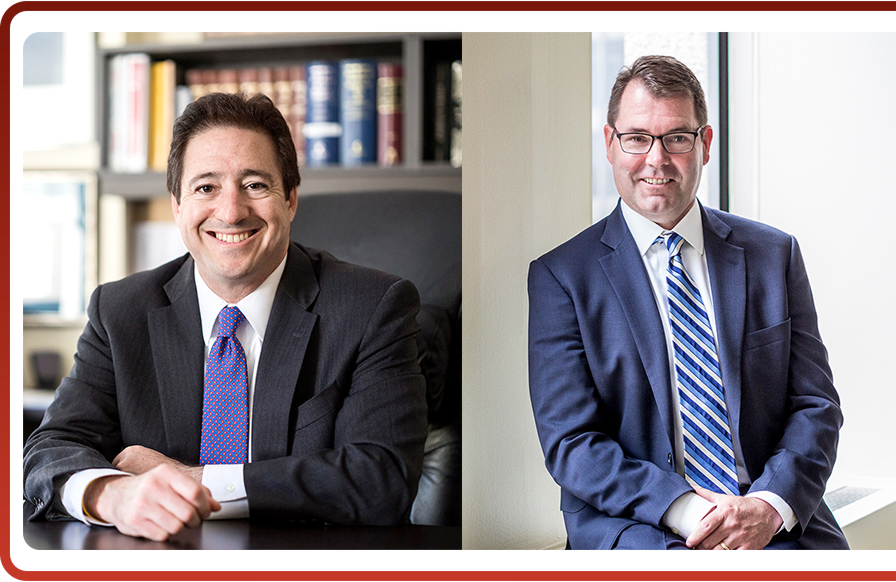
2 Key Things a Will Cannot Do

Estate Lawyer
When you think of creating a plan for your estate after your death, most people think of a will. However, as an estate lawyer from a firm like W.B. Moore Law can explain, many people do not realize that there is more involved in creating an estate plan than a simple will.
There are a few key things that a will cannot do. For these matters, you will need to make extra plans. Keep reading to learn two of the most crucial issues a will does not cover.
Wills Do Not Specify Burial Instructions
Funeral wishes are a common issue that many people do not understand. There are two problems with including burial and funeral plans in your will: First, the law does not consider a body as property. Because of this, it cannot legally be considered part of your estate. While it isn’t illegal to include your wishes in your will, no one must enforce them.
Another reason this is tricky is that probate lawyers do not usually examine wills until after a funeral occurs. If you only put your burial instructions in this document, your loved ones may not know what you want until after the funeral has already happened.
Instead, consider creating a “Final Arrangements” document to add to your will. This second document is separate from your will. It outlines all your wishes, such as burial or cremation, final resting place, and ceremony details. Make sure you sign, date, and label it.
Wills Do Not Include Certain Assets
The distribution of your assets is another area that can be confusing when estate planning. Many people assume that their will takes care of all their money, property, and belongings. Unfortunately, that may not be the case.
Some assets already include beneficiary information that overrules a will. For example, bank accounts in joint names with someone else will become the other person’s upon your death. Other investments and funds with a named beneficiary already built into their terms supersede what you write in your will. Retirement plans and life insurance policies are typical examples of this.
If most of your estate contains property and assets you share with others, you need to plan ahead. Review your named beneficiaries frequently. Be sure that any other arrangements are a good match for everything else in your estate plan.
Plan Ahead
A will is an excellent way to let people know what you want after your death. But it should not be your only plan. For extra considerations not covered in a will, consult an experienced attorney.


